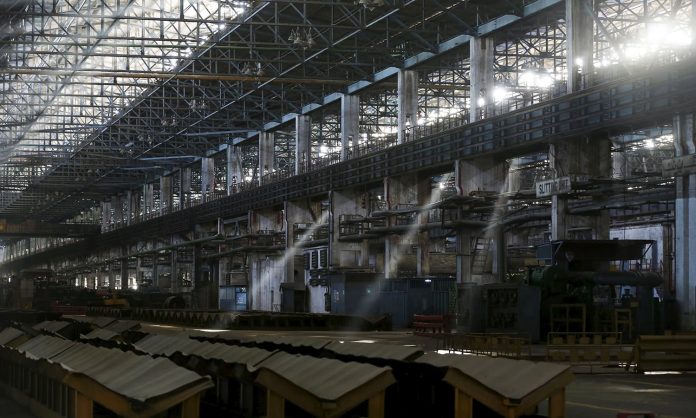Islamabad: A meeting between Pakistan Steel Mills (PSM) and National Industrial Parks Development and Management Company (NIP) took place yesterday to resolve the deadlock over the sale of 594 acres of land belong to PSM.
Intermediary entity which expressed an interest in obtaining the land, has demanded additional 156 acres at a below market price of Rs13m per acre.
The purpose of purchasing this land by NIP was to offer it to private entities and investors for setting up industrial units.
Management of NIP has already given away these 594 acres of land to private entities but the deadlock remains over its pricing.
The sale of 522 acres of land out of a total of 594 had been given the go-ahead by PSM board at a price of Rs13m per acre. NIP had expressed interest in acquiring another 156 acres of land at the same price, which wasn’t feasible as it would have resulted in an investigation by the National Accountability Bureau (NAB).
In a letter sent to NAB by Transparency International Pakistan (TI), it had accused two directors of PSM to have illegally transferred the land to themselves.
NIP purchased this land to setup special economic zone where investors would be granted tax free-status for a period of ten years.
In a meeting held on July 20th, the Ministry of Industries was directed by the PSM board to request NIP to clear its receivables on account of sale of the 594 acres of land. Privatization commission (PC) had recently valued these 522 acres of land at a price of Rs13m per acre in light of land valuation made for PSM’s privatization.
Prime Minister Shahid Khaqan Abbasi was also sent a summary this by the PC for clearance of salaries of two months for PSM employees.
PSM was enlisted for privatization but no progress in that regard has been made in the last four years.




